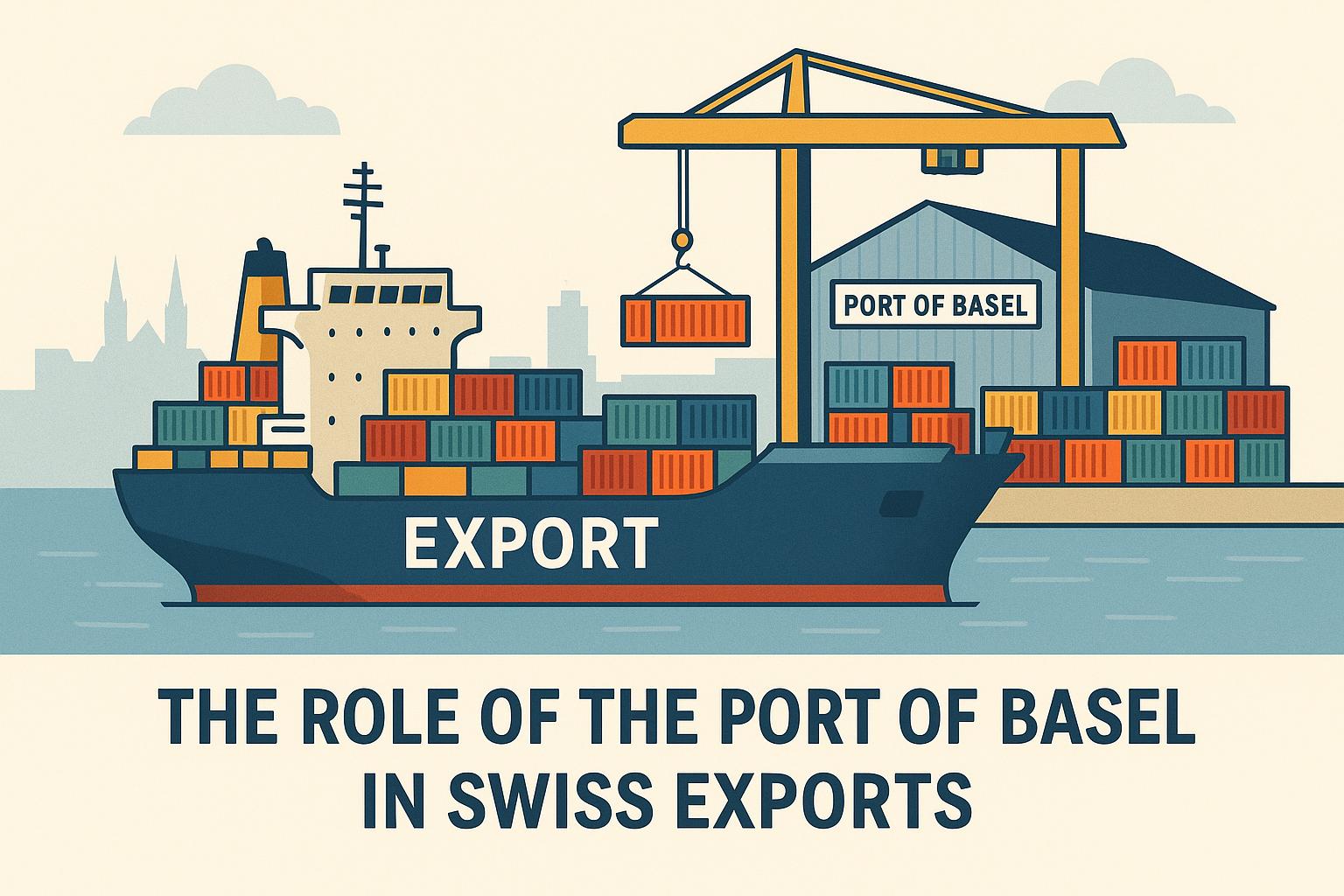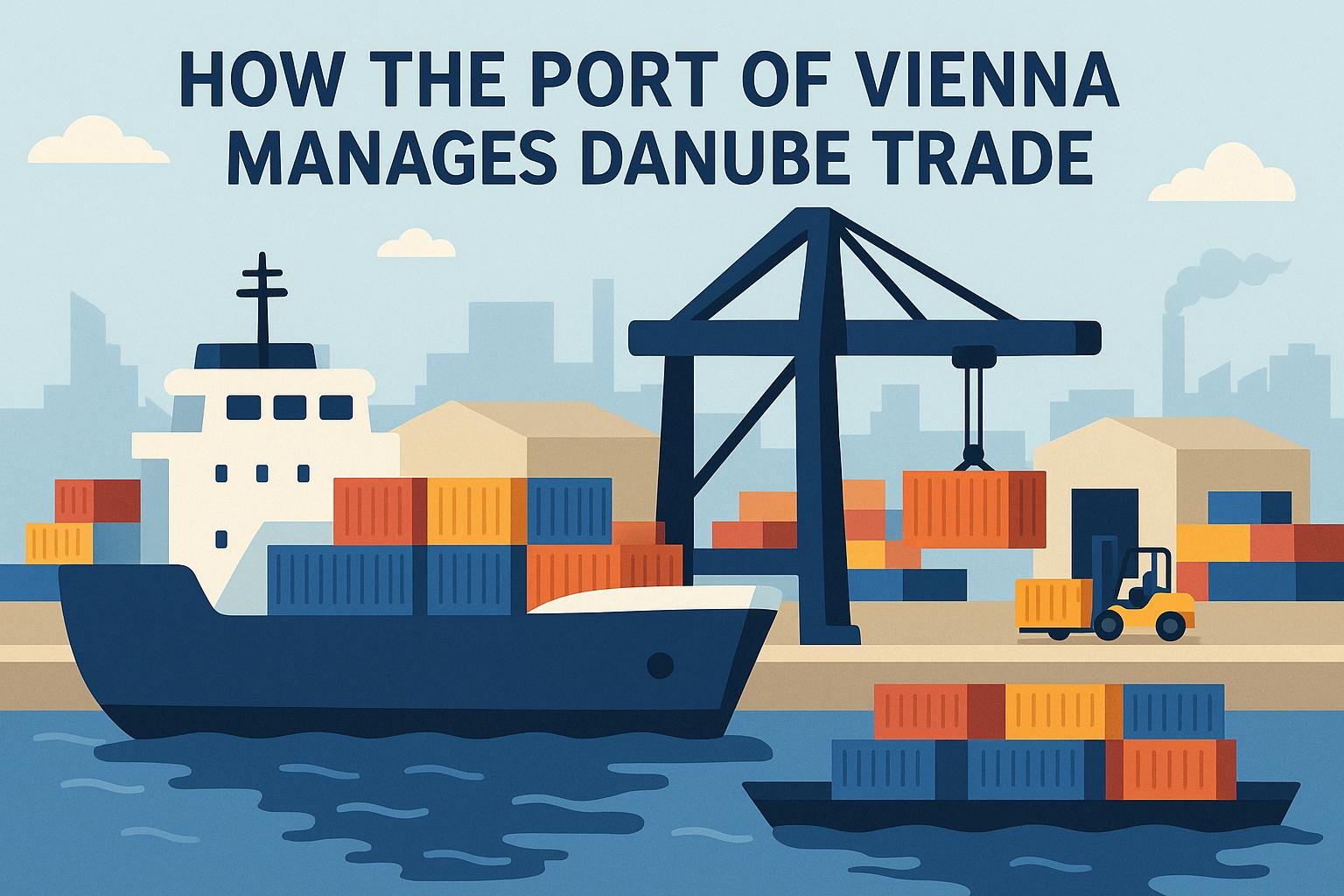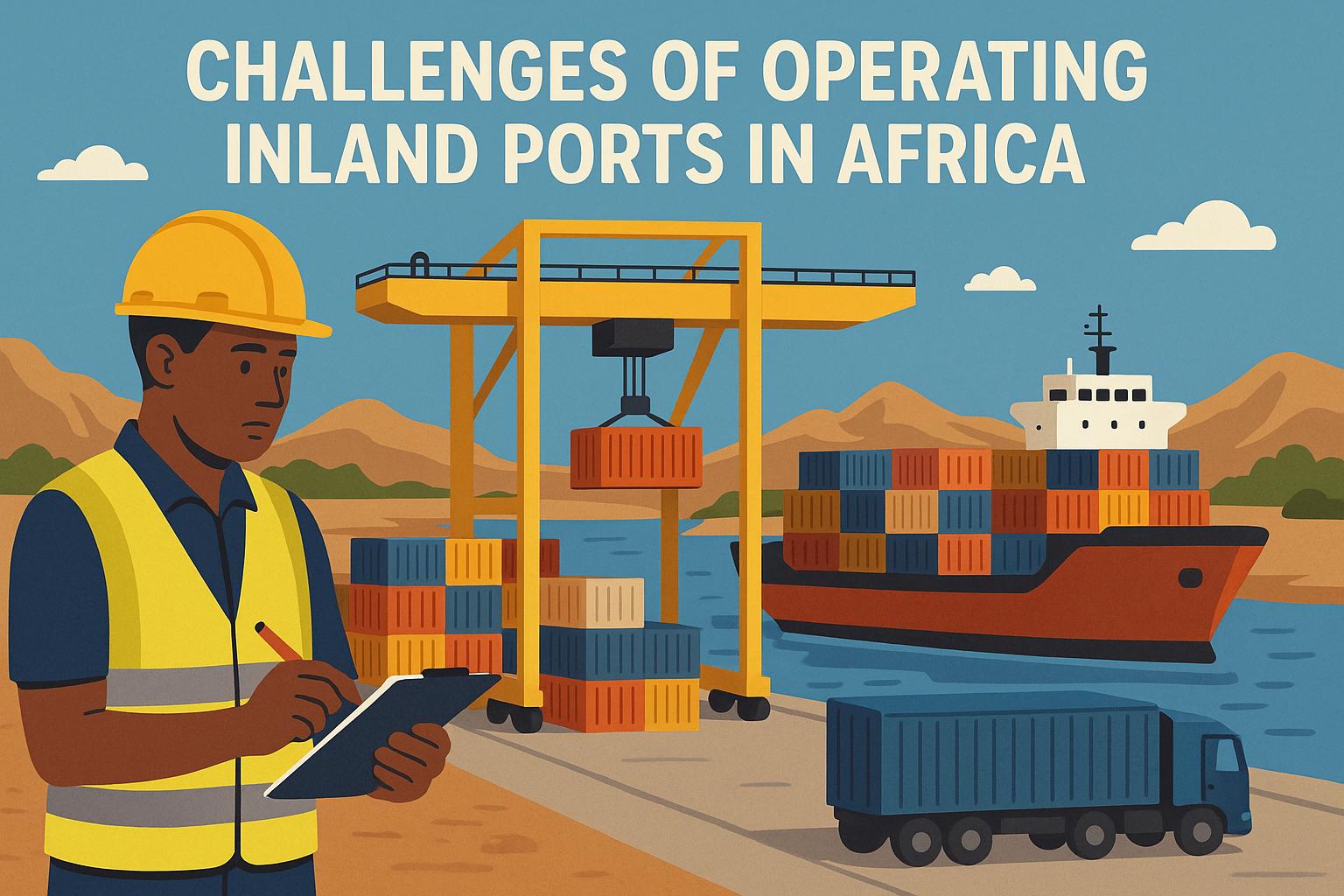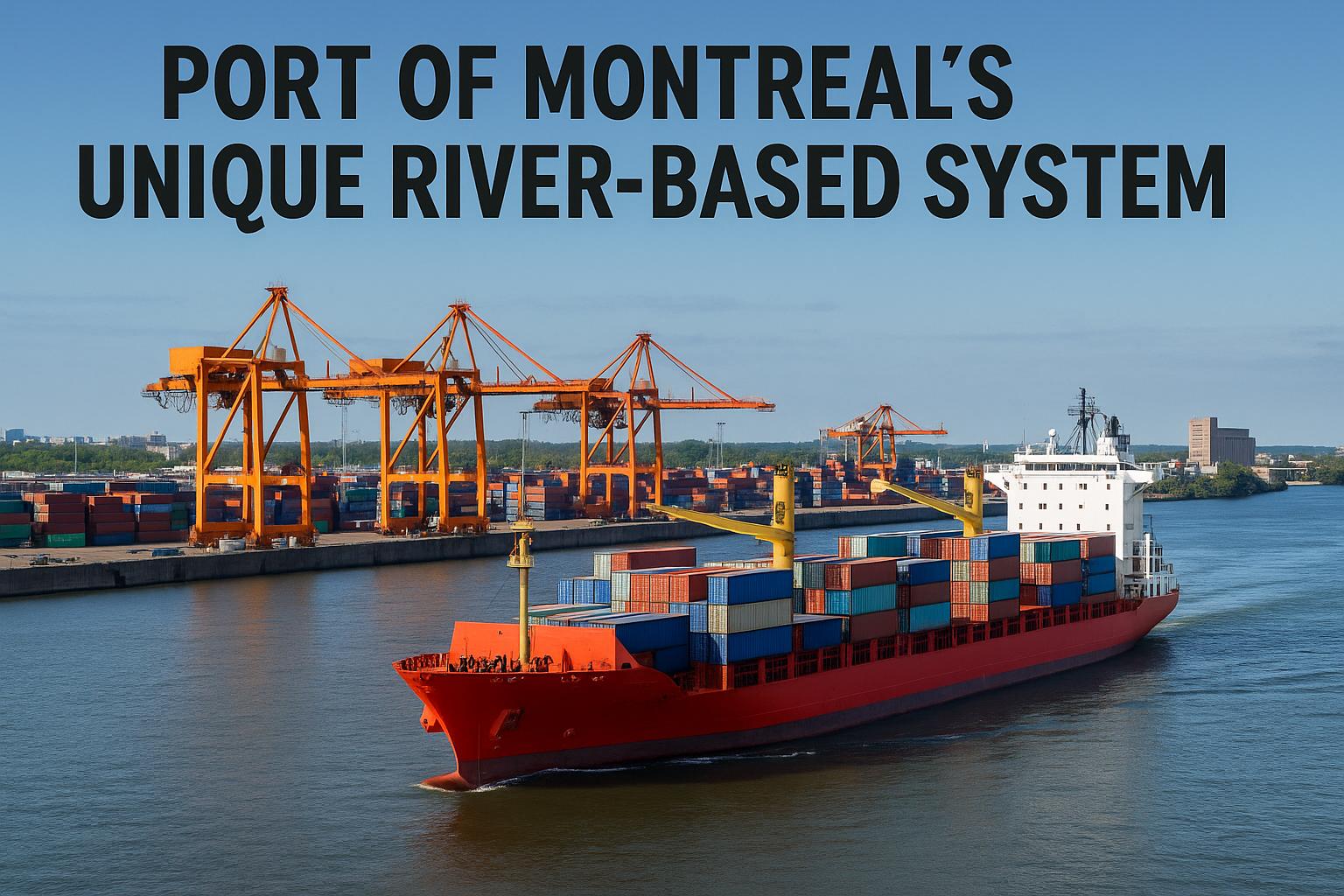The Strategic Importance of the Port of Basel
The Port of Basel is a vital component of Switzerland’s logistics and trade infrastructure. It serves as the country’s only cargo port, connecting Switzerland to the extensive European waterway network. Located on the Rhine River, the Port of Basel is pivotal in facilitating Swiss exports by providing a key transit point for goods heading to international markets.
Geographical Advantage
Situated at the intersection of Switzerland, France, and Germany, the Port of Basel enjoys a strategic geographical location. This makes it an essential access point for Swiss goods to reach the North Sea via the Rhine. As the Rhine is one of Europe’s most crucial waterways, it links landlocked Switzerland with ocean ports in the Netherlands and Belgium, which are gateways to global shipping routes.
Infrastructure and Facilities
The port comprises three main areas: Kleinhüningen, Birsfelden, and Auhafen Muttenz. These areas are equipped with modern facilities to handle a diverse range of cargo types, including containerized goods, bulk goods, and liquid cargo. The infrastructure supports efficient loading and unloading processes, ensuring the swift movement of exports and imports.
The facilities at the Port of Basel incorporate state-of-the-art technology to optimize operations. Advanced cranes and conveyor systems are utilized to enhance loading and unloading efficiency. Additionally, the port infrastructure is designed to seamlessly integrate with rail and road networks, ensuring a comprehensive transport solution for goods. The interconnected setup allows for streamlined cargo transfers, minimizing delays and reducing transportation costs.
Economic Impact
The Port of Basel plays a significant role in the Swiss economy by facilitating trade that extends well beyond the national boundaries. It supports thousands of jobs directly and indirectly linked to shipping, logistics, and trade services. By enabling efficient export routes, the port helps Swiss businesses remain competitive in the global market.
Switzerland’s economic landscape is closely intertwined with the operations of the Port of Basel. Industries that rely heavily on exports, such as pharmaceuticals, machinery, and chemicals, benefit greatly from the efficient transit routes provided by the port. As a result, Swiss products maintain a strong presence in international markets, contributing to the country’s balance of trade and economic growth.
Furthermore, the port’s influence extends to the service sector. The demand for logistics services, such as freight forwarding, warehousing, and customs clearance, has led to the development of a robust logistics industry in the region. This sector not only generates employment but also attracts foreign investments, further bolstering the economic stability of the area.
Environmental Considerations
Environmental sustainability practices are integral to the port’s operations. Efforts are in place to minimize ecological footprints, such as promoting the use of cleaner fuels and improving energy efficiency. These initiatives help in aligning Switzerland’s trade activities with broader sustainable development goals.
Adopting eco-friendly practices is a cornerstone of the Port of Basel’s operational strategy. The port authorities are committed to reducing carbon emissions by encouraging shippers to transition to low-sulfur fuels and exploring the potential of electric power for inland vessels. Additionally, the implementation of energy-efficient technologies, such as smart lighting and automated equipment, contributes to reducing the port’s overall environmental impact.
The port also prioritizes waste management and pollution control. Rigorous guidelines are in place to prevent contaminants from entering the Rhine, safeguarding the river’s ecosystem. The focus on sustainability extends to fostering partnerships with environmental organizations to preserve local biodiversity and natural habitats.
Challenges and Opportunities
Despite its many advantages, the Port of Basel faces challenges, including infrastructure constraints and competition from nearby European ports. To continue thriving, it must invest in technological advancements and expand its facilities to handle increasing cargo volumes. Furthermore, fostering closer collaborations with neighboring countries can enhance its role in European and global trade networks.
Infrastructure constraints, such as limited space for expansion and the need for modernized facilities, pose challenges for the Port of Basel. Investment in cutting-edge technology, such as automation and digitization, is crucial to maintain its competitive edge. By embracing technological advancements, the port can improve operational efficiency, reduce costs, and enhance customer satisfaction.
Moreover, the rising competition from other European ports necessitates strategic collaborations and alliances. Establishing stronger ties with ports in neighboring countries, such as France and Germany, can create synergies that bolster the port’s position in the European trade network. Collaborative efforts can also streamline regulatory processes, reduce border delays, and facilitate seamless cargo movement across nations.
The potential of the Port of Basel is undeniable, with numerous opportunities for growth and expansion. Exploring new markets and diversifying the range of services offered can enhance the port’s attractiveness to global shippers. By focusing on specialized services, such as handling oversize cargo or hazardous materials, the port can carve a niche and establish itself as a leader in specific segments of the maritime industry.
In conclusion, the Port of Basel is a linchpin in Swiss exports, driving economic prosperity through strategic logistics and trade connections. Its future will likely be shaped by its ability to adapt to changing economic conditions and environmental priorities, ensuring its role remains robust and dynamic in the decades to come.
The port’s ongoing commitment to innovation, sustainability, and collaboration is expected to reinforce its significance in the international trade arena. By leveraging its strategic location, embracing technological advancements, and prioritizing environmentally conscious practices, the Port of Basel exemplifies a resilient and forward-thinking approach to maritime commerce. In navigating the evolving landscape of global trade, the Port of Basel is poised to continue playing a pivotal role in Switzerland’s economic success.




